
The largest provider of business education in Africa and one of the largest in the world
On its own, one ant cannot achieve much. A colony of ants, on the other hand, can do amazing things, such as collaborating to find the shortest, most direct path from their nest to food sources. The way ants, bees and fish, among others, go about tasks like this has inspired scientists to use the same "swarm intelligence" techniques to tackle human problems, such as detecting cancer-causing genes, finding the most efficient schedule for a fleet of delivery trucks, or designing an automated trader for making the most money on the stock exchange.
This is according to Prof Katherine Malan, an award winner at the 2020 Research & Innovation Awards from the Department of Decision Sciences in Unisa’s College of Economic and Management Sciences (CEMS). She is now a member of the One Million Rand Club for the R1,69 million competitive grant she received from the National Research Foundation during 2019.
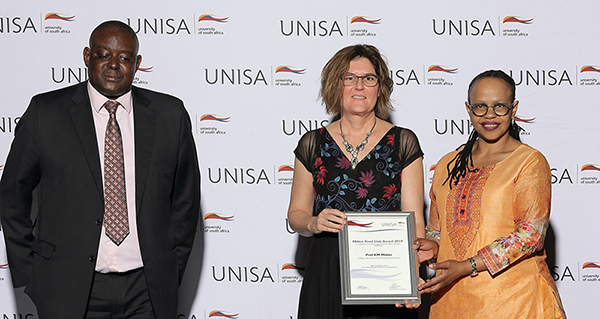
Harry Bopape (Director: Research Support) and Prof Thenjiwe Meyiwa (Vice-Principal: Research, Postgraduate Studies, Innovation and Commercialisation) congratulate Prof Katherine Malan (CEMS) (centre) on her membership of the 2019 Unisa Million Rand Club.
Malan says swarming behaviour is just one example of how nature has inspired many of the algorithms used in artificial intelligence (AI). Others are artificial neural networks, based on the workings of the biological brain for automated decision making and the application of the principles of Darwinian evolution to searching for solutions to complex optimisation problems. "When you consider how elegantly nature copes with complexity, it makes sense to borrow these ideas to deal with complexity in the problems that the world is facing," says Malan, a C1-rated researcher in information technology, specifically computational intelligence.
"What bothered me when I chose this field 12 years ago was that there seemed to be so little understanding of why the algorithms worked so well on many problems, but then would fail completely on other problems."
A striking - and controversial - example of getting it wrong was the facial recognition technology that online retail giant Amazon developed and used successfully in the work environment. However, when it marketed this same technology to the Federal Bureau of Investigation (FBI) for crime prevention in 2019, it was a dismal failure. In this case, the software brain had been trained using mainly Caucasian faces and so could reliably identify those but misidentified faces of people from other races. It also misidentified gender.
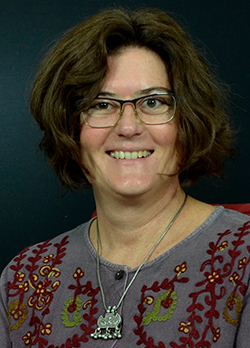
Prof Katherine Malan
"That debacle highlighted the importance of developing algorithms that are robust and able to adapt to new contexts," says Malan, whose research focus is on developing techniques for automatically choosing the best algorithm for each problem.
Globally, automated algorithm selection is a new but fast-growing field in which, given the advent of the Fourth Industrial Revolution (4IR), South Africa must be able to compete effectively. This is the purpose of the NRF Competitive Grant awarded to Malan, amounting to R1,69 million over three years from the beginning of 2020.
As its name suggests, the grant - which is only available to rated researchers - is intended to enhance South Africa’s research output and contribute to its global competitiveness. "Most of the funding will be used for bursaries for honours, master’s and doctoral students doing work in my research area, and for collaboration," says Malan, who is principal investigator of a research team representing Unisa, the University of Pretoria and the University of Stirling in Scotland.
Some funding is also being allocated for robotics workshops and coding clubs among school learners in townships around Tshwane.
"It means a lot to me that I have been able to secure external funding," she says. "As researchers, we spend so much time writing proposals, and for every four proposals you write, maybe one succeeds."
Being rated has certainly helped Malan improve her success rate in applying for external grant funding. "Before I was rated (in 2019), I applied unsuccessfully for several NRF grants. All that hard work has finally paid off."
It could pay off for South Africa too. The better our ability to choose the right algorithms for the right problem, the greater our prospects of harnessing the 4IR for real socio-economic benefits.
* By Clairwyn van der Merwe, Contract writer, Directorate of Research Support
Publish date: 2020/04/14
 Unisa celebrates a project of hope, dignity and student success
Unisa celebrates a project of hope, dignity and student success
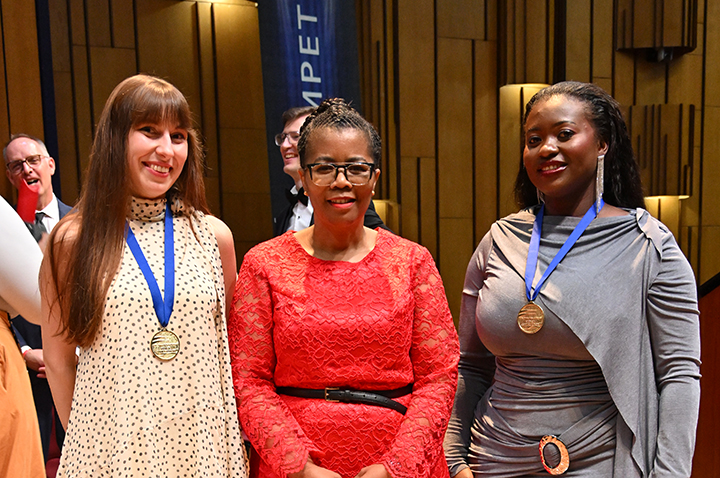 Women vocalists take top honours at Unisa's globally renowned showcase
Women vocalists take top honours at Unisa's globally renowned showcase
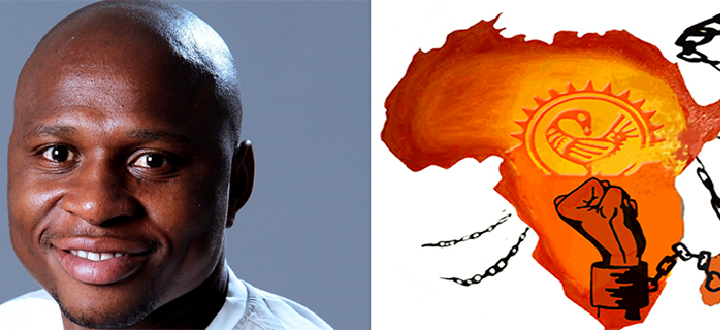 African wealth is dependent on investment in education and development
African wealth is dependent on investment in education and development
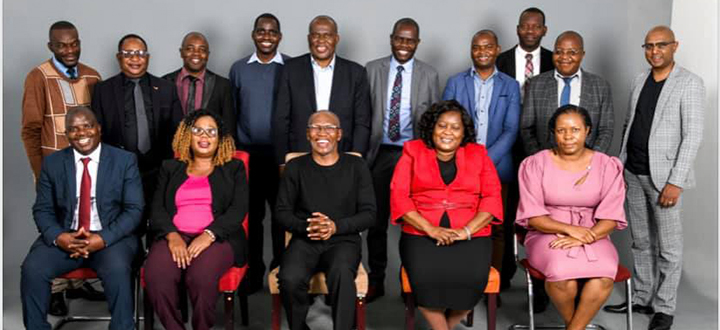 Unisa celebrates matric result success at Correctional Services ceremony
Unisa celebrates matric result success at Correctional Services ceremony
 Unisa ICT Director recognised among acclaimed IT leaders
Unisa ICT Director recognised among acclaimed IT leaders